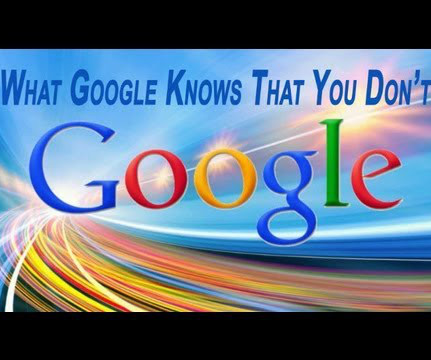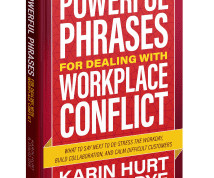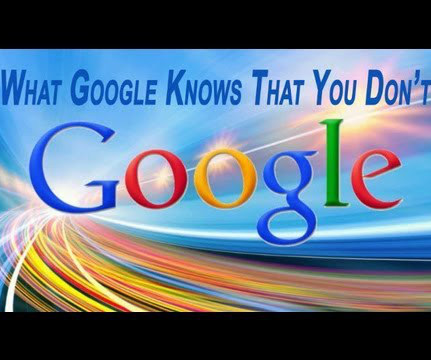Beyond coping and adaptation: Toward a sociology of coaching. A necessary paradigm shift to address contemporary dramatic social change
The Coaching Blog
MARCH 19, 2025
Thus, both of us could train ourselves in critical thinking during coaching sessions, which would be more ethical than a naive neutrality. 2024) recently highlighted, we need competency models that are not only derived from the opinions of coaches or coachees, but rather from evidence-based research. As Boyatzis et al.












Let's personalize your content